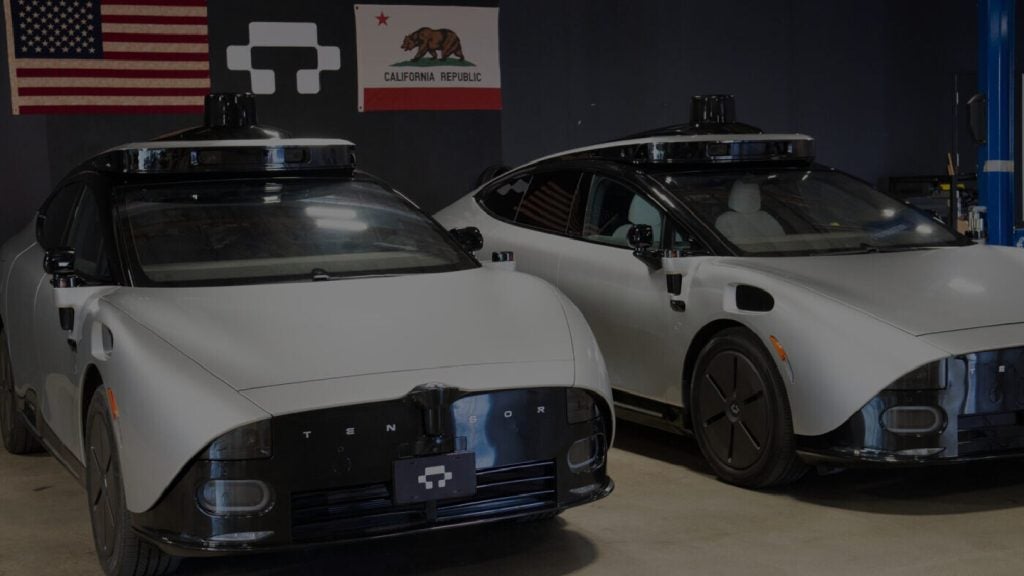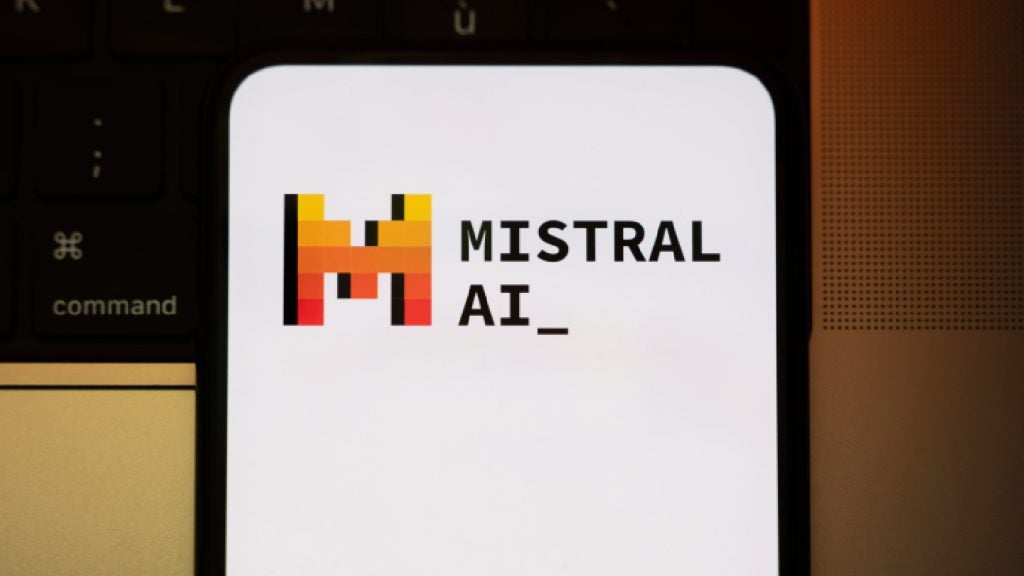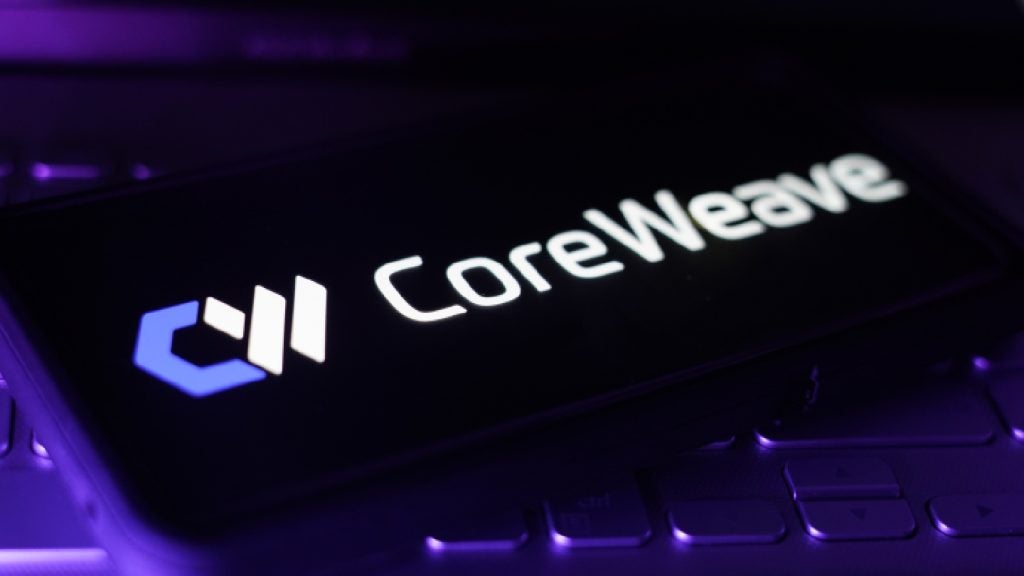Advanced Micro Devices has filed a patent for systems, apparatuses, and methods to detect personal-space violations in AI-based non-player characters (NPCs) in video games. The patent describes an AI engine that creates NPCs that interact with a player character. The control circuit monitors the movements of the NPCs and determines if they are adhering to or violating personal space measures. The scores of the NPCs are recorded and provided to a machine learning engine to retrain the AI controlling the NPCs. The patent also includes an apparatus with a rendering engine to render the retrained NPCs and the player character. GlobalData’s report on Advanced Micro Devices gives a 360-degree view of the company including its patenting strategy. Buy the report here.

Access deeper industry intelligence
Experience unmatched clarity with a single platform that combines unique data, AI, and human expertise.
According to GlobalData’s company profile on Advanced Micro Devices, Device power optimization was a key innovation area identified from patents. Advanced Micro Devices's grant share as of September 2023 was 69%. Grant share is based on the ratio of number of grants to total number of patents.
Detecting personal-space violations in ai-based non-player characters in video games
A recently filed patent (Publication Number: US20230310995A1) describes an apparatus and method for improving the behavior of non-player characters (NPCs) in video games. The apparatus includes a control circuit that tracks the distance between an NPC and a player character and generates a score based on this distance. The control circuit can then modify the behavior of the NPC based on the score, affecting the future distance the NPC maintains from the player character during gameplay. The apparatus also includes a rendering engine that can render both the modified NPC and the player character.
The patent also describes the use of machine learning (ML) engines to retrain the NPCs based on the modified rules. This allows for the generation of retrained NPCs that exhibit improved behavior in response to the player character's actions.
Additionally, the control circuit can determine a measure of personal space associated with the player character and modify it based on social cues within the game. The score generated by the control circuit is based on whether the locations of the NPC violate this modified measure of personal space.
The control circuit can calculate the distance between the NPC and the player character and compare it to the modified measure of personal space. The score is incremented if the distance is greater than or equal to the modified measure of personal space, and decremented if the distance is less than the modified measure of personal space.
Furthermore, the control circuit can calculate the distance between the NPC and another NPC and compare it to a measure of personal space associated with the second NPC. A second score is incremented or decremented based on this comparison. A second ML engine can then retrain the second NPC based on the second score, generating a retrained second NPC.
Overall, this patent presents an apparatus and method for improving the behavior of NPCs in video games by tracking distances, generating scores, modifying rules, and utilizing machine learning techniques. These advancements aim to enhance the player's gaming experience by creating more realistic and responsive NPC interactions.
To know more about GlobalData’s detailed insights on Advanced Micro Devices, buy the report here.
Data Insights
From

The gold standard of business intelligence.
Blending expert knowledge with cutting-edge technology, GlobalData’s unrivalled proprietary data will enable you to decode what’s happening in your market. You can make better informed decisions and gain a future-proof advantage over your competitors.







